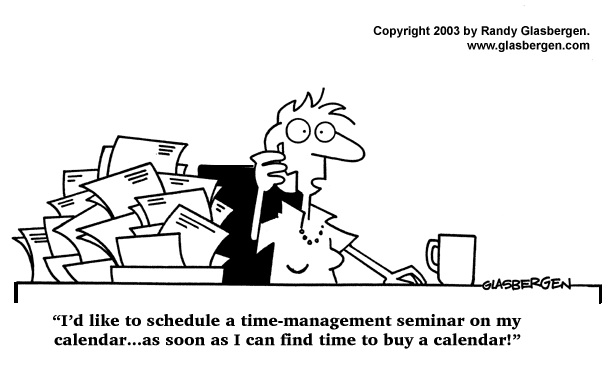The language, and therefore experience, of Trinity, holiness, sin, grace, justification, sanctification, church, Eucharist, and heaven and hell appear, amongst most Christian teenagers in the United States at the very least, to be supplanted by the language of happiness, niceness, and an earned heavenly reward. It is not so much that U.S. Christianity is being secularized. Rather more subtly, Christianity is either degenerating into a pathetic version of itself or, more significantly, Christianity is actively being colonized and displaced by a quite different religious faith.
-Soul Searching: The Religious and Spiritual Lives of American Teenagers, p.171
In 2005, after undertaking a study of 3,000 teenagers, Christian Smith and Melinda Lundquist Denton introduced the term, “Moralistic Therapeutic Deism” through their book, Soul Searching: The Religious and Spiritual Lives of American Teenagers. They deem MTD “the de facto dominant religion” among teens, and their findings are incredibly helpful for pointing out the understandings and mindsets many kids are bringing with them to our youth ministries.
Chapter 4 (“God, Religion, Whatever”) of their book describes well the three main components of MTD:
Chapter 4 (“God, Religion, Whatever”) of their book describes well the three main components of MTD:
- MTD is about inculcating a moralistic approach to life. It teaches that central to living a good and happy life is being a good, moral person.
- MTD is about providing therapeutic benefits to its adherents
- MTD is about belief in a particular kind of God: one who exists, created the world, and defines our general moral order, but not one who is particularly personally involved in one’s affairs- especially affairs in which one would prefer not to have God involved
- A God exists who created and orders the world and watches over human life on earth.
- God wants people to be good, nice, and fair to each other, as taught in the Bible and by most world religions.
- The central goal of life is to be happy and to feel good about oneself.
- God does not need to be particularly involved in one's life except when God is needed to resolve a problem.
- Good people go to heaven when they die.







